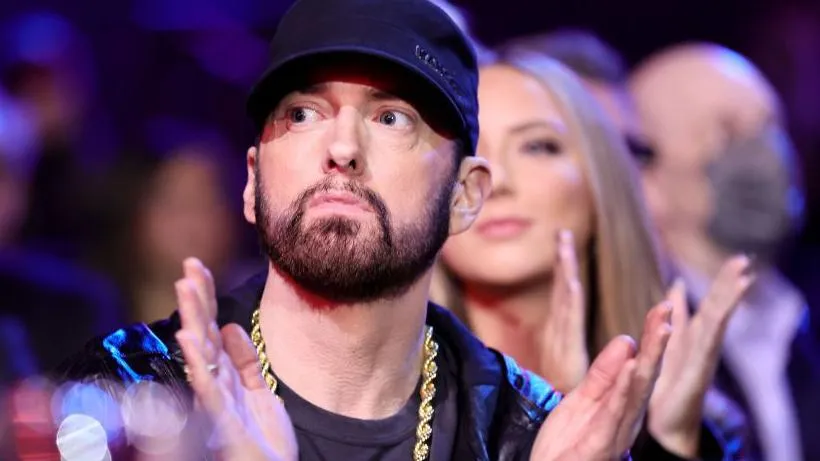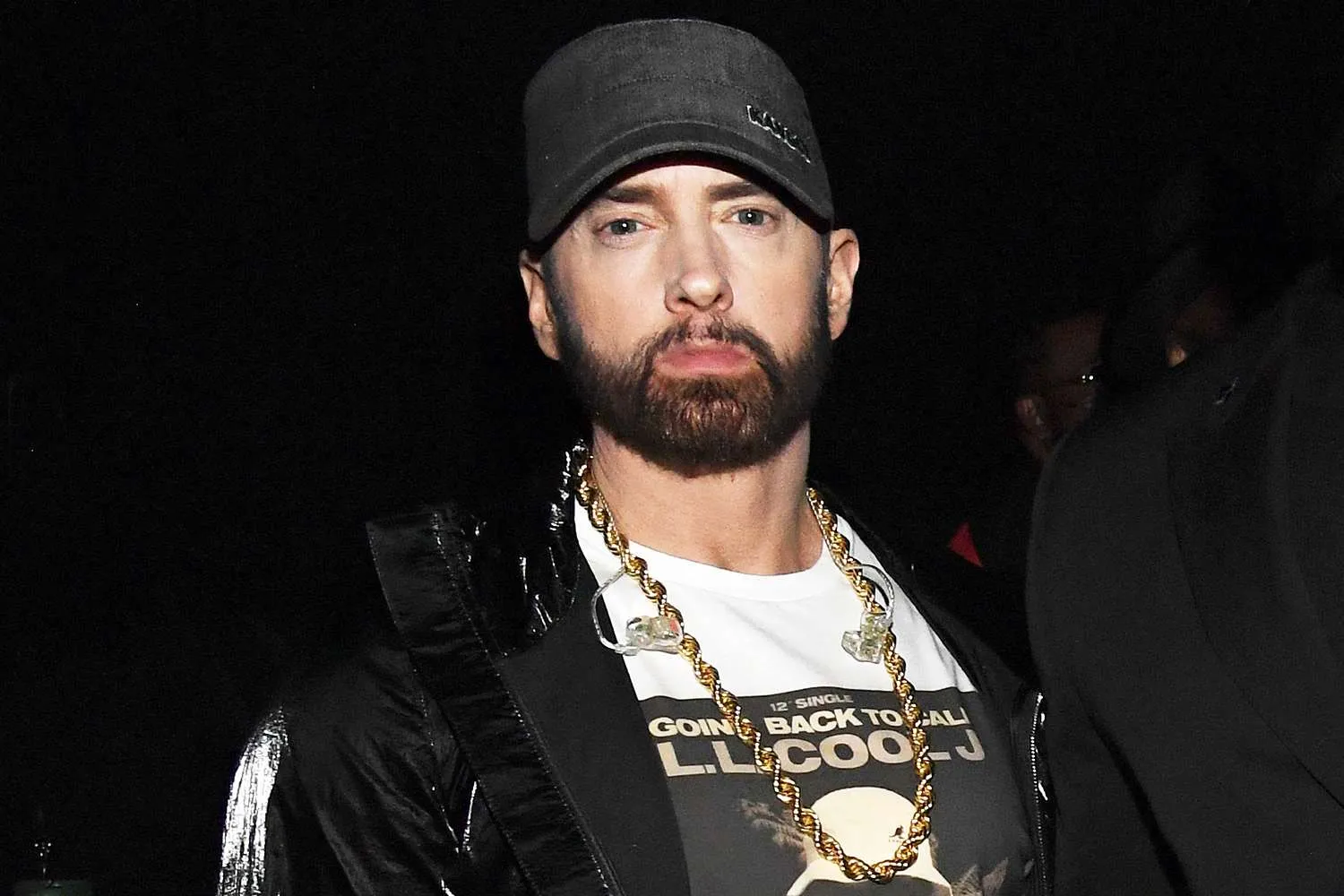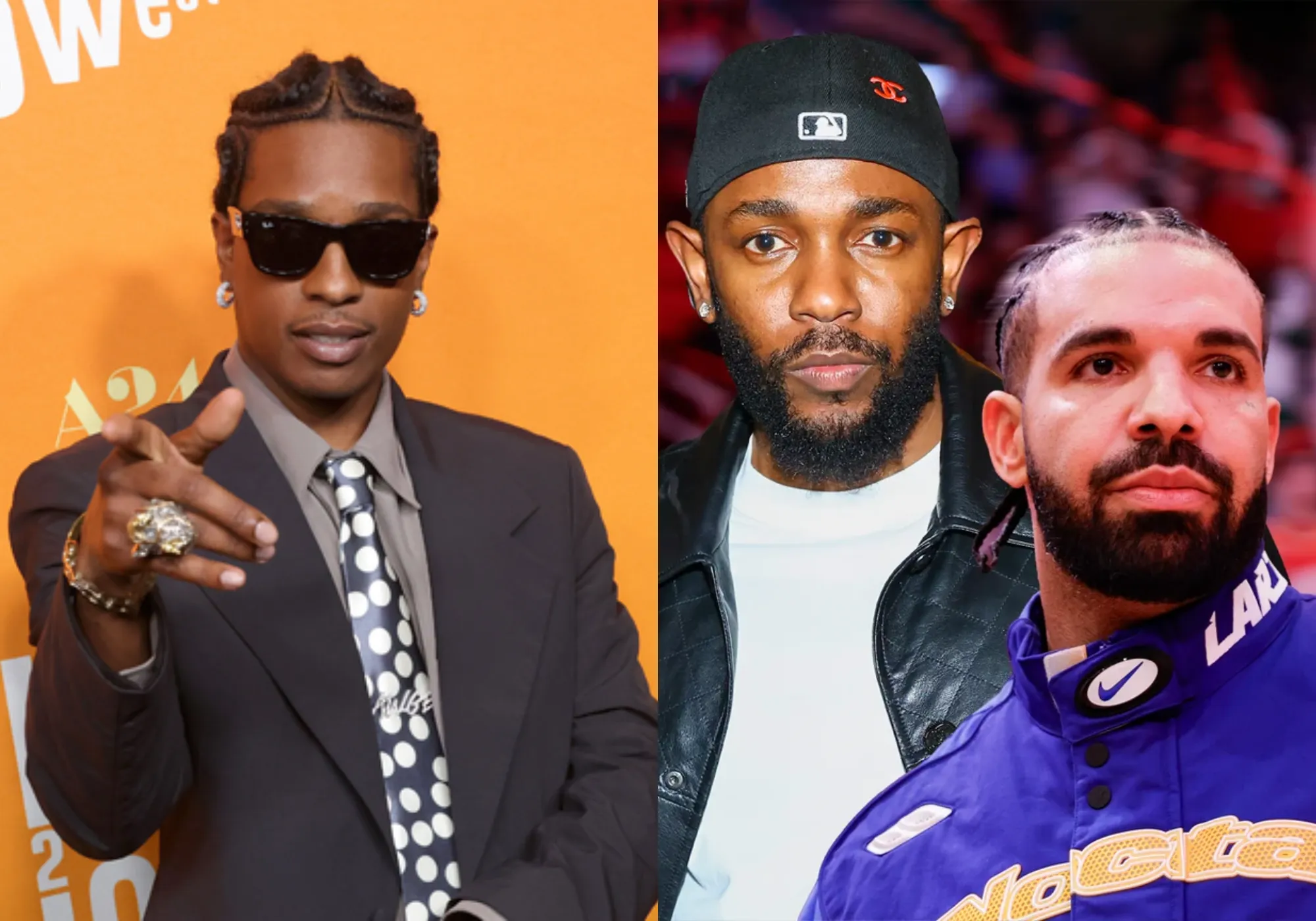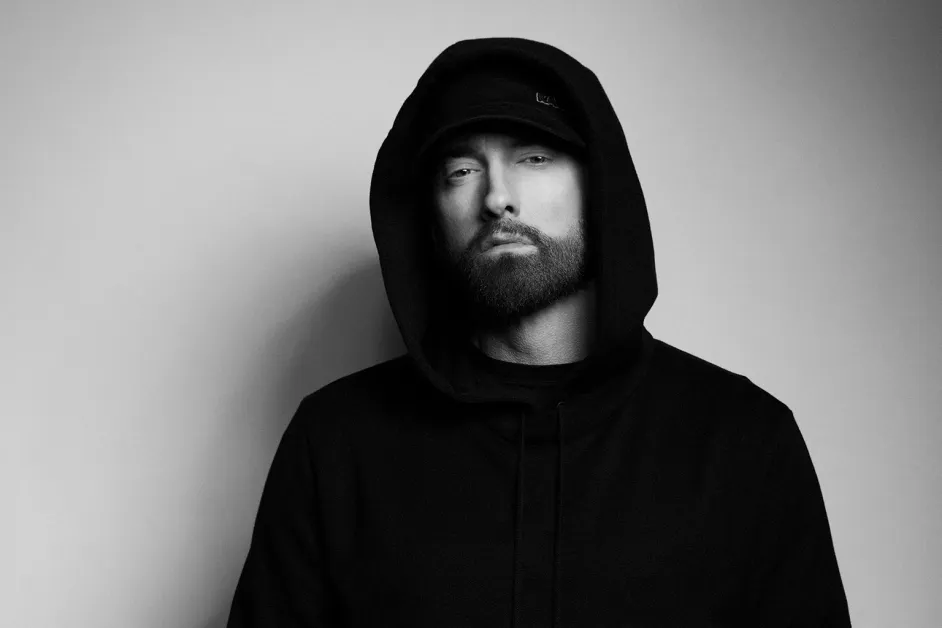

Apple’s Biggest Music Scandal? Apple Said It Paid, Eminem Said It Didn’t
On September 24, 2009, technologyApple and legendary rapper Eminem found themselves in the courtroom for the second time. At the heart of thisdigital rights toiTunes Music S.
While the case eventually ended in settlement, the lawsuit symbolized more than a dispute between one artist and a technology company. It represented the growing pains of the music industry in the digital age, highlighting how revolutionary platforms like iTunes disrupted long-st
In this article, we’ll take a detailed look at the Apple vs. Eminem legal battle, why it mattered, and how it fits into the broader story of digital music history.
The Origins of the Dispute
The battle between Eminem’s music publisher, Eight Mile Style, and Apple officially began in July 2007. Eight Mile Style alleged that Apple was selling 93 of Eminem’s songs on the iTunes Music Store without proper authorization.
According to Eight Mile Style, digital rights to Eminem’s catalog were never included in the existing agreements with record labels. Apple, however, believed it had secured those rights through its contract with Aftermath Entertainment, a label founded by Dr. Dre.
Apple’s interpretation was that its agreement with Aftermath gave it the right to sell Eminem’s catalog digitally. But Eight Mile Style’s legal team pointed to a unique clause in Eminem’s contract. This clause, they argued, required a separate deal specifically for digital sales, and no such deal had been made.
This disagreement set the stage for a multi-million-dollar legal fight.
Apple vs. Eminem in Court
When the case landed in court, Eight Mile Style demanded $2.58 million—the amount it claimed Apple had earned from unauthorized sales of Eminem’s music on iTunes. In addition, the publisher sought $150,000 per infringement in damages, which could have totaled more than $14 million.
Apple’s lawyers countered by explaining the payment structure behind the sales. For each download, Apple paid 70 cents to Aftermath Entertainment and 9.1 cents to Eight Mile Style. Importantly, both parties were still cashing their royalty checks during this period.
From Apple’s perspective, this undermined Eight Mile Style’s argument. If the publisher was accepting payments, then it seemed to acknowledge the legitimacy of the arrangement. Eight Mile Style, however, maintained that acceptance of payments did not equate to approval of Apple’s digital distribution.
The back-and-forth revealed the complexity of music contracts in the early digital era. At a time when the iTunes Music Store was becoming the dominant force in legal music distribution, many older agreements had not anticipated how the rise of digital sales would change the industry.
Not the First Clash: The “Lose Yourself” Ad Lawsuit
This was not the first time Eminem and Apple had clashed in court.
In a previous lawsuit, Eight Mile Style accused Apple of using Eminem’s hit single “Lose Yourself” without proper authorization in an iTunes advertisement. That case also ended in settlement, but it set a precedent that Eight Mile Style would not hesitate to defend its rights in court against one of the most powerful companies in the world.
The iTunes Music Store case therefore carried extra weight. It wasn’t just about money—it was about control, precedent, and the broader relationship between artists, publishers, and digital platforms.
The Settlement: Apple and Eminem Make Peace
In the end, Apple and Eminem settled out of court. While the exact terms of the settlement were never made public, the resolution allowed both parties to move forward.
For Apple, settling avoided the risk of a damaging court decision that might have undermined its ability to sell other artists’ catalogs. For Eminem and Eight Mile Style, it ensured recognition of the unique terms of their contracts and reaffirmed the importance of artist control over digital rights.
Like Apple’s earlier legal battles with The Beatles’ Apple Corps, the case was a reminder that music industry giants and tech companies often collided in the new digital landscape.
Why This Battle Mattered
The Apple vs. Eminem case highlighted several important issues that remain relevant today:
1. Digital Rights Were Still a Gray Area
When iTunes launched in 2003, the music industry was still reeling from the impact of piracy and file-sharing platforms like Napster. Contracts written in the 1990s rarely included specific provisions for digital sales, creating loopholes and disputes when companies like Apple began selling music online.
2. Artists and Publishers Wanted More Control
Eight Mile Style’s aggressive defense of Eminem’s catalog underscored the growing awareness among artists and their publishers of the value of digital rights. As digital platforms became more profitable, controlling these rights became a key way to ensure artists were fairly compensated.
3. Apple’s Expanding Influence
By 2009, Apple had established itself as a major player in the music industry. The iTunes Music Store not only sold millions of songs but also set the standard for digital pricing and distribution. This made Apple both a partner and a potential adversary for record labels, publishers, and artists.
Aftermath and Reconciliation
Despite the courtroom clashes, Apple and Eminem eventually found themselves on better terms.
When Apple acquired Beats Electronics in 2014, it brought Dr. Dre—Eminem’s longtime mentor and collaborator—closer to Apple’s orbit. This created a new bridge between Eminem’s camp and Cupertino.
In 2015, Eminem even appeared on Beats 1 Radio, Apple’s flagship online station, to promote his work. This suggested that any lingering animosity from the lawsuits had faded, replaced by a pragmatic recognition of Apple’s role in the modern music ecosystem.
Apple’s Legacy in the Digital Music Revolution
The Eminem lawsuits were part of a broader story of how Apple reshaped the music industry.
-
Apple’s battles with The Beatles’ Apple Corps showed the complexities of brand names in a global industry.
-
The clash with Eminem demonstrated the unresolved legal issues around digital rights.
-
And Apple’s eventual dominance through iTunes and later Apple Music proved that despite legal battles, the company’s influence in shaping how music is bought, sold, and consumed would only grow stronger.
Today, many of the contractual issues that sparked the Apple vs. Eminem fight have been resolved. Modern agreements explicitly address digital sales, streaming, and even emerging formats like spatial audio. But in 2009, these were uncharted waters, and the Apple vs. Eminem clash was one of the defining moments of that transition.
Conclusion
The courtroom battle between Apple and Eminem’s publisher Eight Mile Style in 2009 was more than just a legal skirmish. It was a snapshot of the growing pains of an industry learning to adapt to the digital revolution.
While the dispute centered on 93 songs and millions of dollars, its implications were much broader: Who controls digital rights? How should artists be compensated in the age of downloads and streaming? And what role should technology companies like Apple play in shaping the future of music?
Though the case ended in settlement, it left a lasting legacy. For fans of both Apple’s technology and Eminem’s music, the battle is a fascinating reminder of how innovation often collides with tradition—and how those collisions shape the culture we live in today.




















